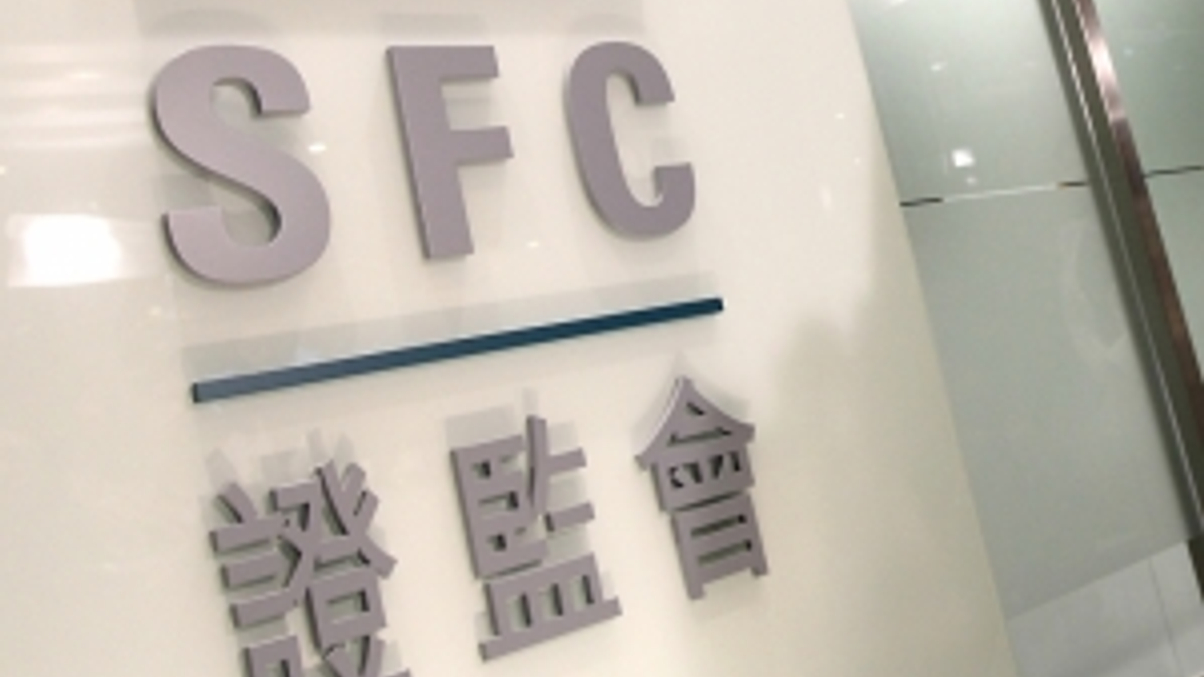SFC revamps rules for fast-track fund approvals
Hong Kong's securities regulator has moved to halve the average approval time for new fund applications. The question is, does it have the resources to deliver on that prospect?

Hong Kong’s regulator is promising fund promoters a shorter time to market under a new two-speed fund authorisation programme.
Sign in to read on!
Registered users get 2 free articles in 30 days.
Subscribers have full unlimited access to AsianInvestor
Not signed up? New users get 2 free articles per month, plus a 7-day unlimited free trial.
¬ Haymarket Media Limited. All rights reserved.


